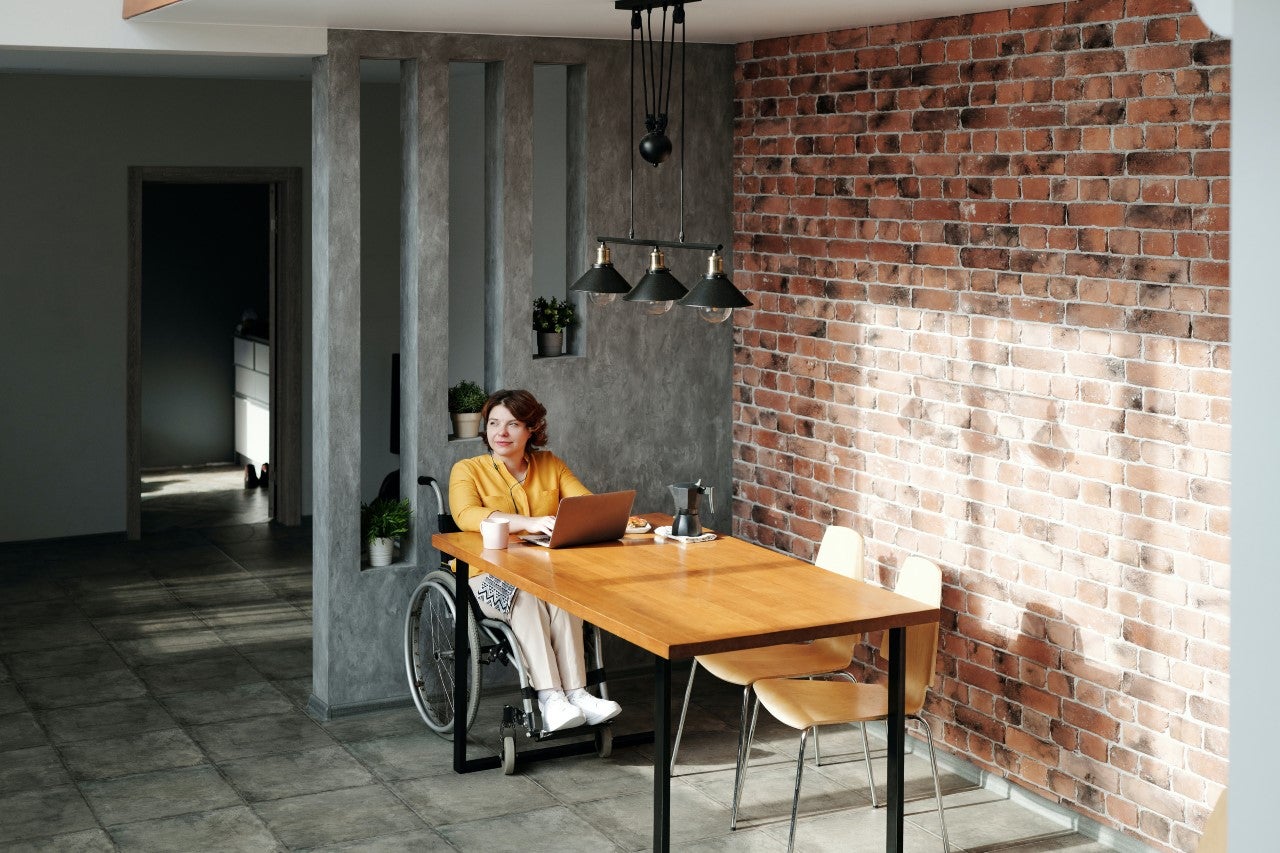The office revolution: get flexible or get left behind
THE ARTICLES ON THESE PAGES ARE PRODUCED BY BUSINESS REPORTER, WHICH TAKES SOLE RESPONSIBILITY FOR THE CONTENTS

Deskbird is a Business Reporter client
Hybrid work is taking over the world – is it time for your business to get on board?
With Covid-19 still lingering and the advent of the work-from-home movement, our workplaces are inevitably shifting. Whether you’re a fan of remote work – blissfully taking video calls in your jogging bottoms – or hate being stuck at home, we can all agree that the past few years have upended everything we knew about the workplace.
The remote work concepts that many businesses have sworn by for years have risen to the surface and gained dominance in the workplace management sphere.
Flexible work is a workplace management system that allows employees to choose when to work. Research from HSBC found 61 per cent of companies that implemented flexible working schedules saw an improvement in productivity.
This can include changes such as a four-day vs a five-day working week or setting a time when everyone must be in the office but allowing flexibility at other points in the day. Allowing the team to rest longer means they are more productive when they are working.
With remote work becoming more prominent, many companies are choosing to downsize their office space. However, sometimes in-person collaboration is needed. Workplace management software, such as deskbird, allows employees to see who is in the office and book desks on the days they choose to come in. They can opt to sit next to teammates for a meeting or to book a single desk in a focus area to concentrate. Companies can then analyse occupancy and decide how many desks they actually need on a given day.
Hybrid work gives you the best of both worlds. A hybrid work environment allows employees to work from home or from the office, depending on their preferences, schedule and the needs of the organisation. A recent study found that 97 per cent of employees do not want to return to in-office work full-time.
By giving your team control over where they work, you’re giving them the best opportunity to succeed. We all know where we work best and what makes us most comfortable and motivated. That’s why the work-from-home debate has taken up so much space. The truth is, whether a company chooses remote work or in-office work, one is not better than the other. So why not give employees the freedom to choose?
It may seem like this shift towards greater flexibility in the workplace only affects some companies and not others. But really, we are seeing a cross-industry trend that supersedes both traditional and modern workplaces.
So, why should you care?
Company culture has become an increasingly important differentiator for those choosing a place of work. While a competitive salary is important, so is a good office environment. People want to work in a place that makes them feel happy, comfortable and motivated. Greater flexibility lends itself to a better overall company culture.
As most managers know, the way to retain employees is to keep them happy. Sometimes a day off or a work-from-home day is needed. Having the ability to do that improves mental health and overall wellbeing. No one likes sitting in rush-hour traffic for hours if physically being in the office that day is unnecessary or if life throws a curveball and work is the last thing on your mind.
The world and the workplace are constantly evolving. Those who do not keep up will fall behind. The workforce is becoming dominated by Millennials and Generation Z, two technologically advanced generations who can easily integrate technology into their work. An article by Entrepreneur explains how Millennials and Generation Z are also pushing back against the traditional 9 to 5 and would rather have flexibility in their work life.
The truth is, hybrid work needs more coordination than fully remote work, with the need to manage a team both online and offline. Here are some ways to make your transition easier:

Consult your team
Being employee-centric should be your number-one priority. During a transition, it’s easy to forget that every change you make directly affects your team. Begin by consulting with them to understand what they think is working well and what isn’t. Maybe they are itching for more hours in the office or they need more flexibility – you might be surprised at what you’ll learn.
Hybrid work scheduling
As we shift away from working in-office all of the time to a more hybrid model, it’s crucial to align the schedules of your team. It’s important to know who’s working in the office when and for how long so that meetings can be planned accordingly. Hybrid work scheduling allows employees to plan their week day by day. With workplace management software such as deskbird, team members can follow each other and see their schedules for seamless coordination. Having these analytics at your fingertips allows for better space allocation and data to help with downsizing decisions.
Take advantage of technology
One of the main reasons for this massive shift towards greater flexibility in the workplace is the ubiquity of technology and specifically workplace management and communication tech. Technology helps foster a greater employee experience. Embracing it means much more than simply optimising your processes – it makes the lives of your employees better. To aid in this transition, utilise the incredible emerging technologies that are humanising remote work and bringing synchronicity back to online communication.
The shift towards greater flexibility in the workplace is greater than any individual company. This is a phenomenon that was catalysed by the pandemic, but it has now been invigorated by the many companies putting it into practice. Don’t miss out on the opportunity for evolution.
To learn more about making your business more flexible, check out the deskbird workplace management solution at deskbird.com
Originally published on Business Reporter
